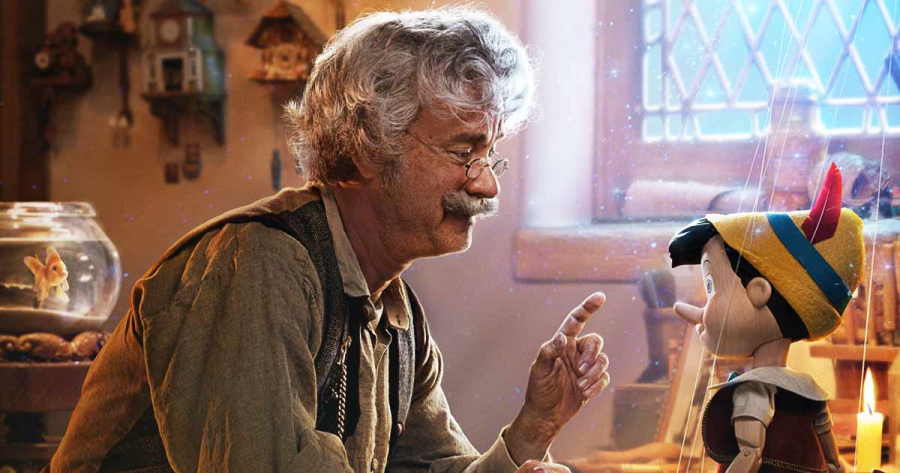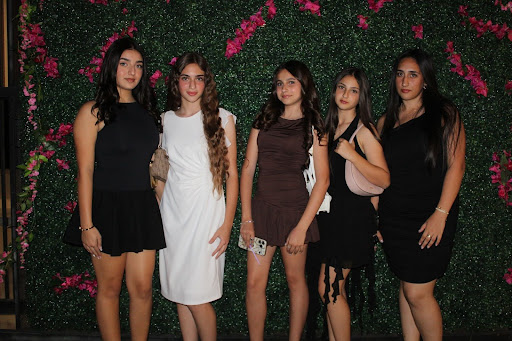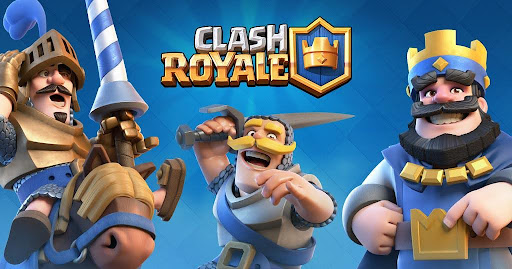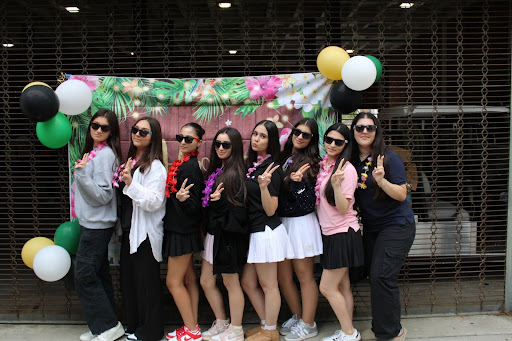Pinocchio a remake that will be forgotten
The building of Pinocchio and the yearning for him to become a real boy.
Did anyone ask for a remake of Pinocchio, a Disney classic?
No.
Did we get one anyway?
Unfortunately, yes.
Disney has continued the trend of giving classic movies a live action remake, and Pinocchio has not been any different. Although the movie gave off the feeling of nostalgia by seeing our little wooden boy on screen again, it did not have the glimmer the classic 1940 version did.
Pinocchio is originally a musical film produced by the Walt Disney Productions and based on the 1883 Italian children’s novel The Adventures of Pinocchio by Carlo Collodi. It was the second animated feature film produced by Disney after the unexpected success of Snow White and the Seven Dwarfs. The movie thrived, becoming a second hit for Disney and went on to win two Academy Awards for Best Original Score and Best Original Song for “When You Wish Upon a Star.”
This was a historical moment for Disney since it was the first time Disney won in those two categories. With this knowledge, the expectation for Pinocchio’s remake was justifiably high; however the movie was not able to even come near the expectations held by viewers.
The key problem is the film’s fear of the original author Carlo Collodi’s, the original authors theme: that children are infuriating beings, foolishness and self-serving overall harmless people to society. Walt Disney’s 1940 cartoon softened the takes on these things that he considered sins to naiveness. Now, the story has been flattened out of having a personality at all.
Part of the blame lies with Disney. The studio has been pushing a never-ending saga of live-action remakes, with little regard for whether it’s an interesting take on a classic film, if nostalgia will be transferred, or with the thought of presenting the film with a more modern look.
Pinocchio takes the approach of using major plot points and ends up echoing the ones from the 1940 film while changing the most vital points of the film. Furthermore, despite being written for a modern audience, the song “The Coachman of Pleasure Island” has outdated and offensive lyrics.
When the Coachman, one of the antagonists, sings “Real boys always want more,” he’s indirectly referring to the explosive amount of candy and root beer inviting them into Pleasure Island, but the line doesn’t specify this at all — but instead is seemingly giving the impression of toxic masculinity invoked in children by pushing the idea that boys have to act “manly” and not timit in front of girls with their root bears and attitude, contrary to how Pinocchio until now was acting.
The second line, “Real girls always like the real boys more,” is sung by the girls on the cart. Are they brainwashed? According to this song, “real girls’ ‘ prefer the “real boys’ ‘ who “always want more”. The inconsideration of these lines being sung in the film promotes gender roles and heavy heterosexuality, with the scene becoming increasingly uncomfortable as the song continues .
The movie altogether has more flaws than applaudable scenes and was not a movie that would come from a modern-day movie production. It has only left fans with disappointment and shame, leading to negative reviews and its downfall of views.

Interests/Hobbies? I love to read, paint, and spending time with family.
Dream Destination? Europe
Something I'd tell my 10 year old self: Life is...













